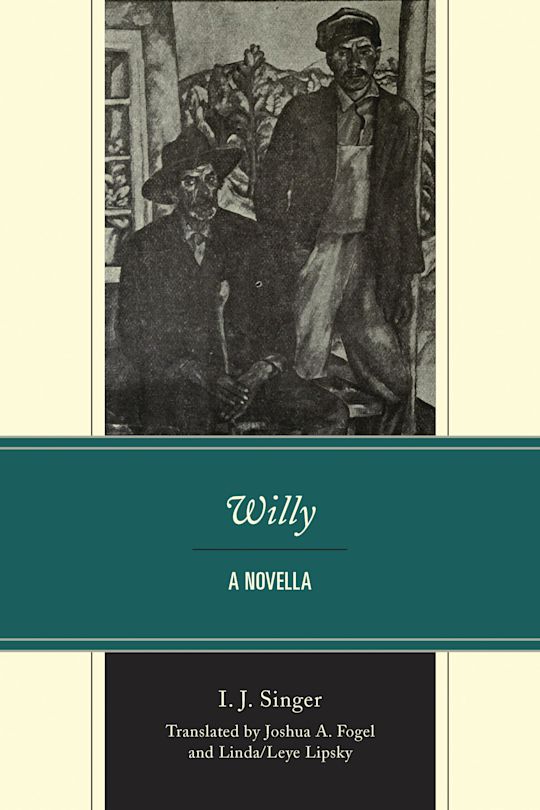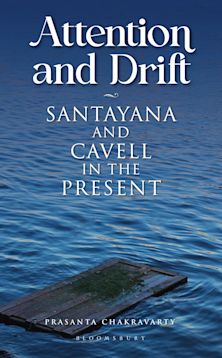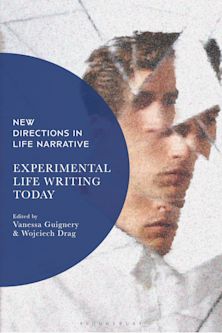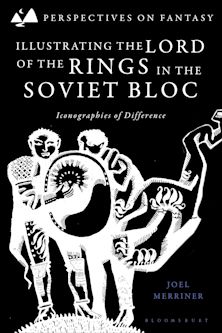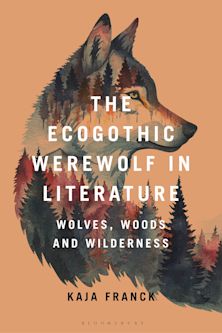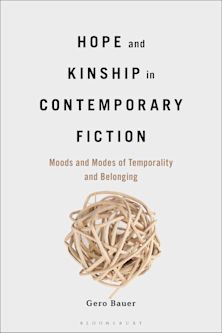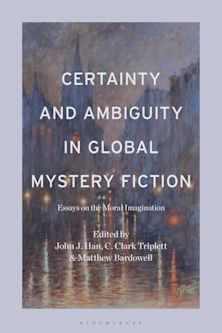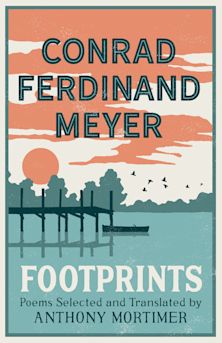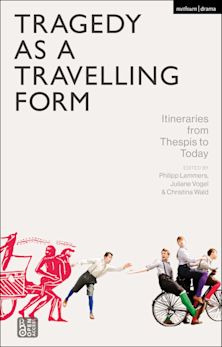Willy
A Novella
I. J. Singer (Author) , Joshua A. Fogel (Introduction) , Joshua A. Fogel (Translator) , Linda/Leye Lipsky (Introduction) , Linda/Leye Lipsky (Translator)
- Textbook
Willy
A Novella
I. J. Singer (Author) , Joshua A. Fogel (Introduction) , Joshua A. Fogel (Translator) , Linda/Leye Lipsky (Introduction) , Linda/Leye Lipsky (Translator)
- Textbook
Inspection copy added to basket
This title is available for inspection copy requests.
Please note our inspection copies are only available in ebook format, and are fulfilled by VitalSource™. If an ebook isn’t available, please visit our inspection copy page for more information.
Buy from Bloomsbury eTextBooks
You are now leaving the Bloomsbury Publishing website. Your eBook purchase will be with our partner https://www.vitalsource.com.
Your credit card statement will show this purchase originating from VitalSource Technologies. They will also provide any technical assistance you might require.
You must sign in to add this item to your wishlist. Please sign in or create an account
Description
While Willy has neither the multi-generational sweep nor the moral gravitas of I. J. Singer’s family sagas, its themes are nonetheless timeless, its struggles archetypal. A father and son quarrel, and, in the process, a richly compact narrative emerges. Their respective stories define what is lost and what is gained in immigrant passage to the new world. The eponymous hero, Volf Rubin—Willy (Vili) Robin in America—is the rare agon who shares center stage with his antagonist, that is, his more voluble paterfamilias. The sententious Hirsh—modeled on the chief rabbi of Nyesheve and Singer's own painful childhood encounters with his savage brutality—tenaciously holds on to some of the more merciless pronouncements derived from a literalist reading and application of Jewish law. Such is the heavy baggage which, according to Volf, should have been left behind in steerage.
Volf's lapsed Judaism is his father’s dystopian nightmare: a collection of Halakhic transgressions, and worse, his renunciation of study. Volf’s school is the meadow, the farm, and the stable: all comprise an idyllic revision of the scene of instruction. He is a devotee of nature, its flora and especially its fauna. Volf’s love for his horses is steadfast and “unbridled”: he holds on to their manes without the mediation of man-made straps of leather. Through an unforeseen turn of events and peripety, Hirsh finds undeserved recompense. Volf, on the other hand, has subverted his own life-long effort to spurn his father's spiritual patrimony. Hence the dual narrative of father and son, deriving from orthodox observance and heterodox dissent respectively, has been lifted wholesale from Europe to America and obtains with equal force on both sides of the Atlantic.
Table of Contents
Chapter One
Chapter Two
Chapter Three
Chapter Four
Chapter Five
Chapter Six
Chapter Seven
Chapter Eight
Chapter Nine
Chapter Ten
Chapter Eleven
Chapter Twelve
Chapter Thirteen
About the Translators
Product details
| Published | 20 Mar 2020 |
|---|---|
| Format | Ebook (PDF) |
| Edition | 1st |
| Extent | 1 |
| ISBN | 9780761882251 |
| Imprint | Hamilton Books |
| Illustrations | 1 b/w photo |
| Publisher | Bloomsbury Publishing |
About the contributors
Reviews
-
Willy is a small gem of a novel by a master story-teller, lovingly and compellingly translated into English by Joshua Fogel and Linda Lipsky, with an informative introduction by Linda Lipsky. Largely overlooked among Singer's work, Willy is an engrossing and ironic parable of Jewish immigration to America in the early 20th century, its costs and advantages, as filtered through the consciousness of a Jewish farmer, who, no matter how hard he tries to escape his Jewishness, nor how far he travels, cannot shake the tug of the Old Country and the demands of his family. A valuable addition to those of Singer's works already translated into English.
Goldie Morgentaler, professor, University of Lethbridge
-
This capacious novella depicts a world in transition seen through the lens of family, social and religious traditions: the reader follows Willy and his constellation from Jewish Shtetl to farm and city in America, all drawn in vivid strokes. The novella’s wide-ranging, masterful introduction as well as the faithful and fluent translation—an echo of the original Yiddish—further add to its assured place in the canon of Jewish literature.
Frieda Forman, editor of The Exile Book of Yiddish Women Writers









